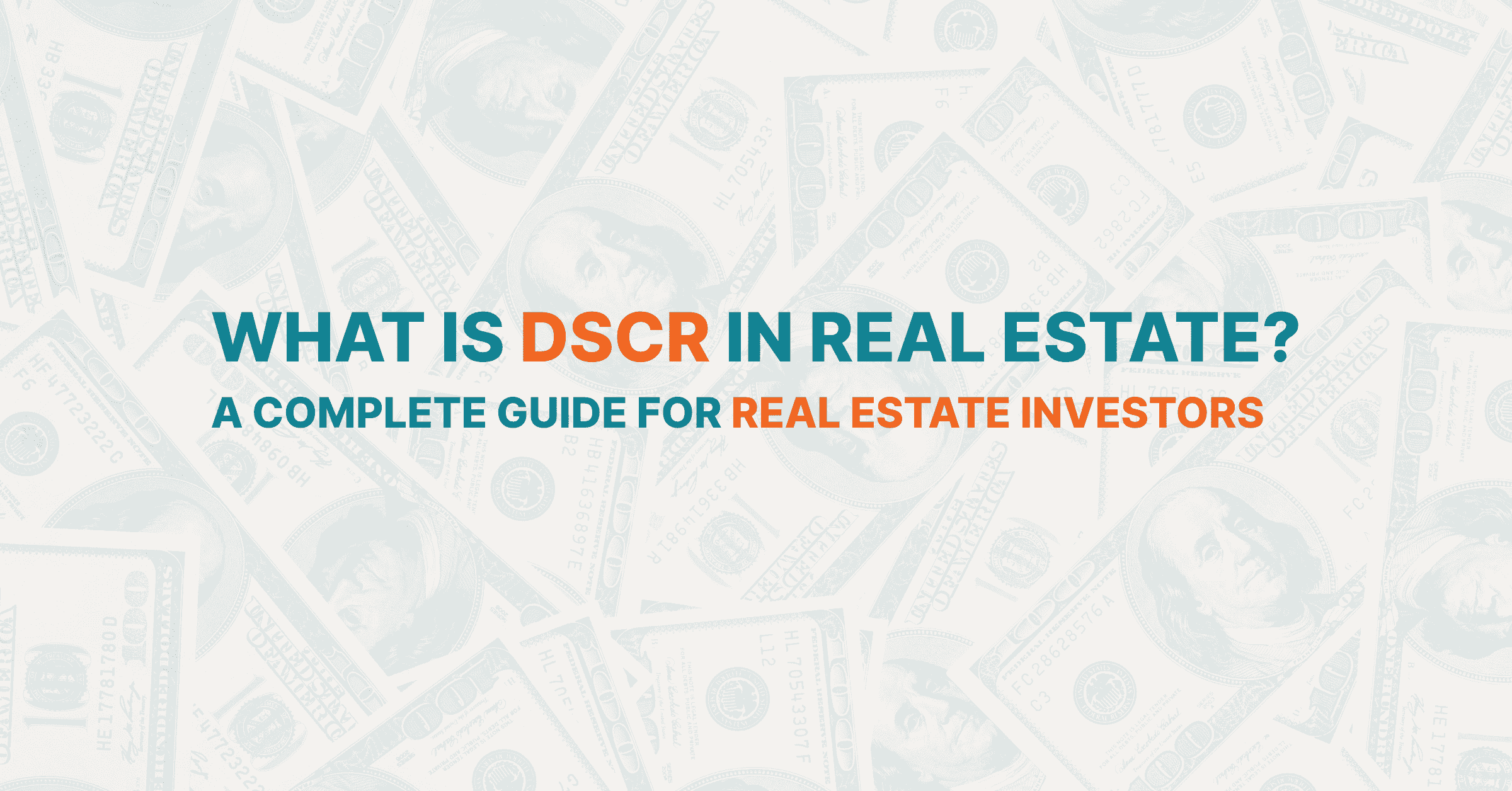Disclaimer: PropStream doesn’t offer financial or tax advice. We recommend consulting a licensed financial or tax professional before investing in REITs.
Did you know that real estate investment trusts (REITs) own 575,000 U.S. properties worth nearly $4 trillion?
REITs can be an excellent investment avenue for newer investors who don’t yet have the capital to put a down payment on their first property, breaking down the barrier to entry.
In this article, we’ll explain what REITs are, their benefits, and how to start investing in them.
Table of Contents |
Key Takeaways:
🔑 Real estate investment trusts (REITs) are companies that own, operate, and finance income-generating real estate.
🔑 REITs can be categorized based on their trading methods, asset types, and property focuses.
🔑 REITs offer a low barrier to entry, liquidity, passive income, potentially high returns, steady income, diversification, inflation hedge, and tax benefits.
🔑 REIT investing comes with risks related to real estate market fluctuations, interest rates, slow appreciation, taxation, and potential management fees. Investors should be wary of non-SEC registered REITs and consult a financial professional before investing.
Definition of REIT
A real estate investment trust (REIT) is a company that owns, operates, and finances income-generating real estate. The investment vehicle was first established by Congress in 1960 to give everyday investors more exposure to real estate investing.
Investors can buy REIT shares to earn regular dividends and profit from any appreciation of the fund’s underlying assets. What distinguishes a REIT from other real estate companies is that it must buy and operate properties as rentals, not flip them.
How REITs Work

At a basic level, a REIT acquires income-generating properties and then regularly distributes the rental income to its shareholders.
To qualify as a REIT, a company must meet criteria set by the Internal Revenue Service (IRS), some of which include the following:
- Have no more than 50% of its shares held by five or fewer individuals during the last half of the taxable year
- Invest at least 75% of its total assets in real estate assets and cash
- Derive at least 75% of its gross income from real estate-related sources, including rents from property and interest on mortgages financing property
A REIT must also pay out at least 90% of its taxable income to investors through annual dividends. In return, REITs aren’t taxed at a corporate level but only at the individual level—letting investors avoid double taxation.
Types of REITs
Of course, not all REITs are the same. They can differ in their trading methods, asset type, and property focus. Consider the following variations:
1. By trading method
Publicly traded REITs are traded on a national securities exchange and must be regulated by the Securities and Exchange Commission (SEC). This means they can be traded just like stocks.
Public non-listed REITs are registered with the SEC but don’t trade on national stock exchanges. Consequently, they are less liquid, and investors may have to wait longer to receive a return on their capital.
Private REITs are neither regulated by the SEC nor traded on a national stock exchange. As a result, they are only available to institutional and accredited investors.
2. By asset type
Equity REITs own (and typically develop and operate) property from which they derive rental income. Most REITs fall into this category.
Mortgage REITs don’t own but finance properties, thereby earning interest. Either the REIT lends money to owners and operators directly or acquires mortgage-backed securities.
Hybrid REITs are a blend of equity and mortgage REITs, i.e., they hold both real estate equity and debt.
3. By property focus
Finally, REITs usually focus on one property type.
Retail REITs own and manage shopping malls and freestanding retail buildings. They account for the most significant percentage of U.S. REIT investments (24%).
Residential REITs own and operate apartment buildings, single-family homes, and other residential properties.
Healthcare REITs own and manage healthcare-related real estate, such as hospitals, medical centers, nursing facilities, and retirement homes.
Office REITs own and manage office buildings (usually in urban areas), which they lease to companies for workspace.
Hospitality REITs own hotels and resorts leased to third-party hotel brands that manage them.
Other REIT property types include cell towers, data centers, warehouses, and self-storage facilities.
Benefits of Investing in REITs

Now that you know what REITs are and how they work, you may wonder what their advantages are. Here are a few:
Low barrier to entry. REITs were designed to be accessible to new investors. Unlike other investments, you don’t have to be an accredited or institutional investor to buy REIT shares. You also don’t have to have a lot of money. Some REIT shares trade for as little as a few dollars.
Liquidity. Like stocks, most REITs can be traded relatively quickly, meaning they’re easy to buy and sell, so your money isn’t tied up.
Passive income. With REITs, you don’t have to acquire, manage, or finance properties yourself. You earn dividends without any of the headaches associated with managing real estate directly (e.g., difficult tenants, unexpected repairs, etc.)
High returns. Though past performance is not a guarantee of future results, REITs often tend to outperform the stock market. The average annualized return for REITs is over 10%.
Steady income. REITs are required by law to pay out dividends at least annually. This means shareholders can count on regular dividend income on top of any capital appreciation.
Diversification. REITs have a relatively low correlation with other assets, which makes them great for diversifying your portfolio. So, if the stock market crashes, your REIT investments may not be that affected.
Inflation hedge. Since rents tend to rise with inflation, REITs can provide a good hedge against inflation. In fact, some REITs have agreements with tenants that let them raise rents in tandem with inflation.
Related: How to Beat Inflation's Impact on The Real Estate Market.
Tax benefits. On top of avoiding double taxation (by not being taxed at the corporate level), REITs offer investors tax breaks in the form of pass-through deductions. Specifically, the 2017 Tax Cuts and Jobs Act (TCJA) lets many REIT investors deduct up to 20% of their REIT income.
Risks and Considerations of REIT Investing
That said, REIT investing also comes with risks and potential downsides.
For example, REITs are subject to real estate market fluctuations and are relatively sensitive to interest rates. So, when mortgage rates rise (as they have recently), REIT share values tend to fall.
REITs are also slow to appreciate since they must pay out most of their profits in dividends, leaving little left over to reinvest into new holdings.
Additionally, investors should remember REIT dividends are taxed like regular income, and some REITs have high management and transaction fees.
Lastly, beware of fraud, especially when investing in REITs not registered with the SEC. Always verify SEC registration with the SEC’s Electronic Data Gathering, Analysis and Retrieval (EDGAR) system.
How to Start Investing in REITs
To start investing in REITs, consider opening an online brokerage account (if you don’t already have one) and buy REIT shares the same way you would buy shares of any other publicly traded company. If you prefer not to trade individual REIT shares, you can also invest in REIT mutual funds or exchange-traded funds (ETFs).
Investing in non-listed REITs requires working with a broker or financial advisor who has special access to them, and private REITs are the hardest of all to invest in since they are typically limited to accredited investors and require large minimum investments.
The bottom line: While REITs can be a helpful way to get your feet wet in the investing world and save up for a down payment on your first rental property, there are risks to consider. We recommend consulting a financial professional before investing any money into REITs.
|
Looking for more real estate investing insights? Visit our PropStream Academy and enroll in one of our free courses today! |




